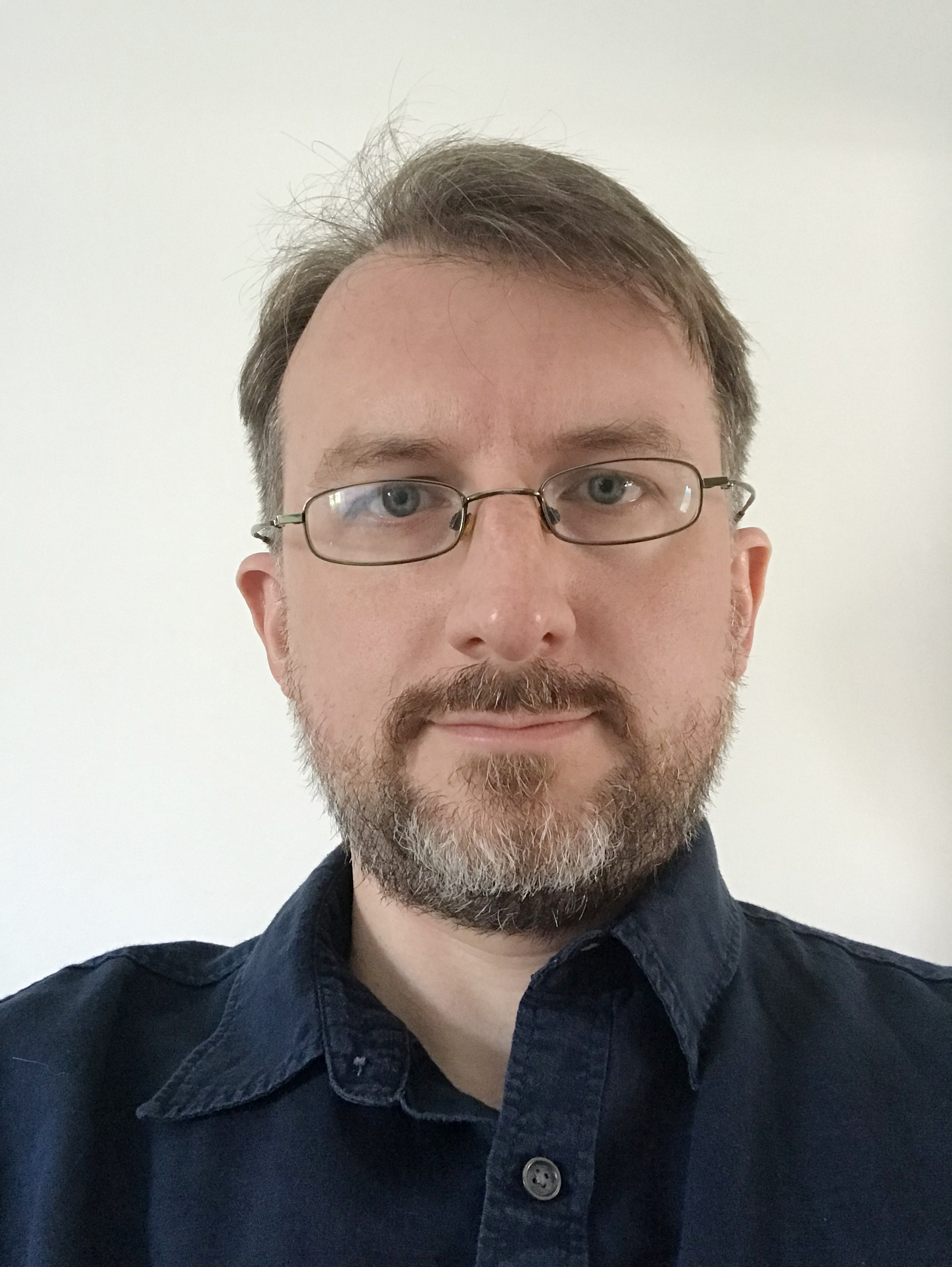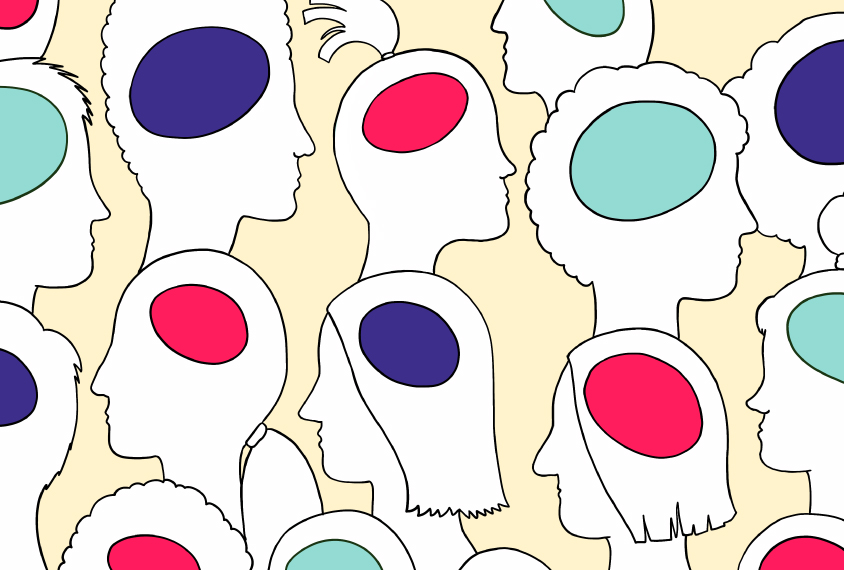Michael Marshall is a freelance science journalist based in the United Kingdom. He writes about life sciences and the environment. He has a B.A. and an M.Phil. in natural sciences from the University of Cambridge and an M.Sc. in science communication from Imperial College London. Marshall was a staff journalist at New Scientist and at BBC Earth before going freelance in 2017. His work has since appeared in Nature, BBC Future and The Telegraph, among others. His first book, on the origin of life on Earth, is slated to be published in 2020.

Michael Marshall
From this contributor
Autistic children’s sleep problems linked to behavioral regulation issues
Young autistic children with sleep troubles tend to have difficulty regulating their behavior later in childhood.

Autistic children’s sleep problems linked to behavioral regulation issues
Remote diagnosis, support could aid families during lockdown
Cut off from clients by the pandemic, clinicians are turning to video conferencing and other technologies to diagnose children with autism.

Remote diagnosis, support could aid families during lockdown
Autism’s relationship to head size, explained
Some people with autism have an unusually large head. What causes the enlargement? And does it have any bearing on outcome?

Autism’s relationship to head size, explained
U.K. government faces lawsuit over mistreatment of autistic people
Following a series of scandals in the United Kingdom over people with autism being held against their will and mistreated in hospitals, a watchdog group has issued a legal challenge to the government.

U.K. government faces lawsuit over mistreatment of autistic people
Preprints of autism research, explained
Over the past decade, biologists have increasingly been posting their research results on preprint servers, ahead of the results' publication in traditional scientific journals.
Explore more from The Transmitter
Shifting neural code powers speech comprehension
Dynamic coding helps explain how the brain processes multiple features of speech—from the smallest units of sounds to full sentences—simultaneously.

Shifting neural code powers speech comprehension
Dynamic coding helps explain how the brain processes multiple features of speech—from the smallest units of sounds to full sentences—simultaneously.
Astrocytes orchestrate oxytocin’s social effects in mice
The cells amplify oxytocin—and may be responsible for sex differences in social behavior, two preprints find.

Astrocytes orchestrate oxytocin’s social effects in mice
The cells amplify oxytocin—and may be responsible for sex differences in social behavior, two preprints find.
Neuro’s ark: Spying on the secret sensory world of ticks
Carola Städele, a self-proclaimed “tick magnet,” studies the arachnids’ sensory neurobiology—in other words, how these tiny parasites zero in on their next meal.

Neuro’s ark: Spying on the secret sensory world of ticks
Carola Städele, a self-proclaimed “tick magnet,” studies the arachnids’ sensory neurobiology—in other words, how these tiny parasites zero in on their next meal.
